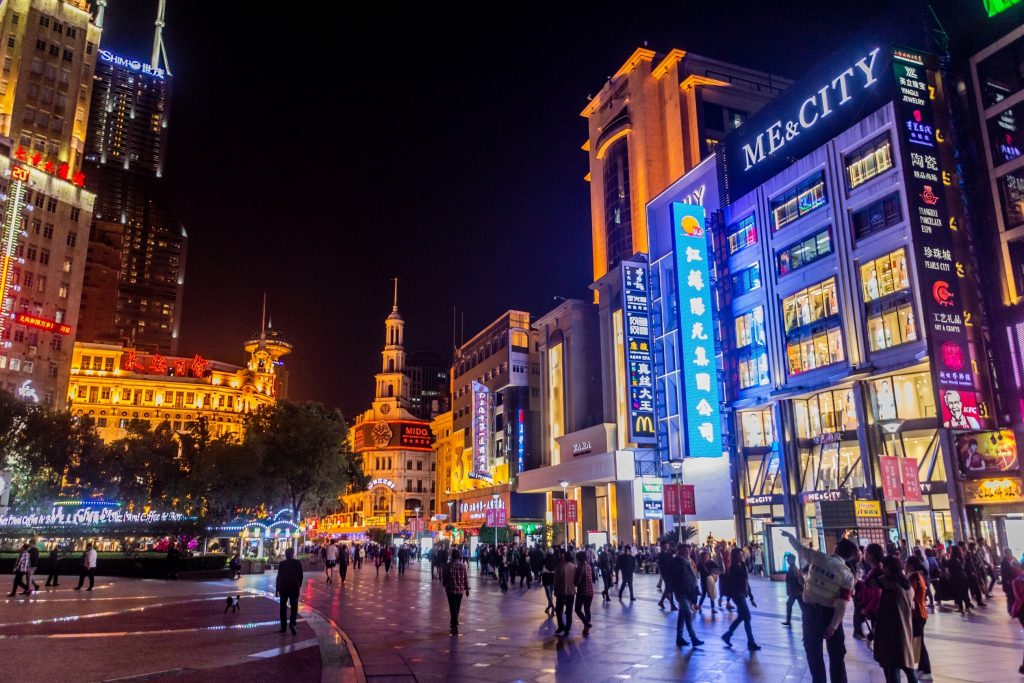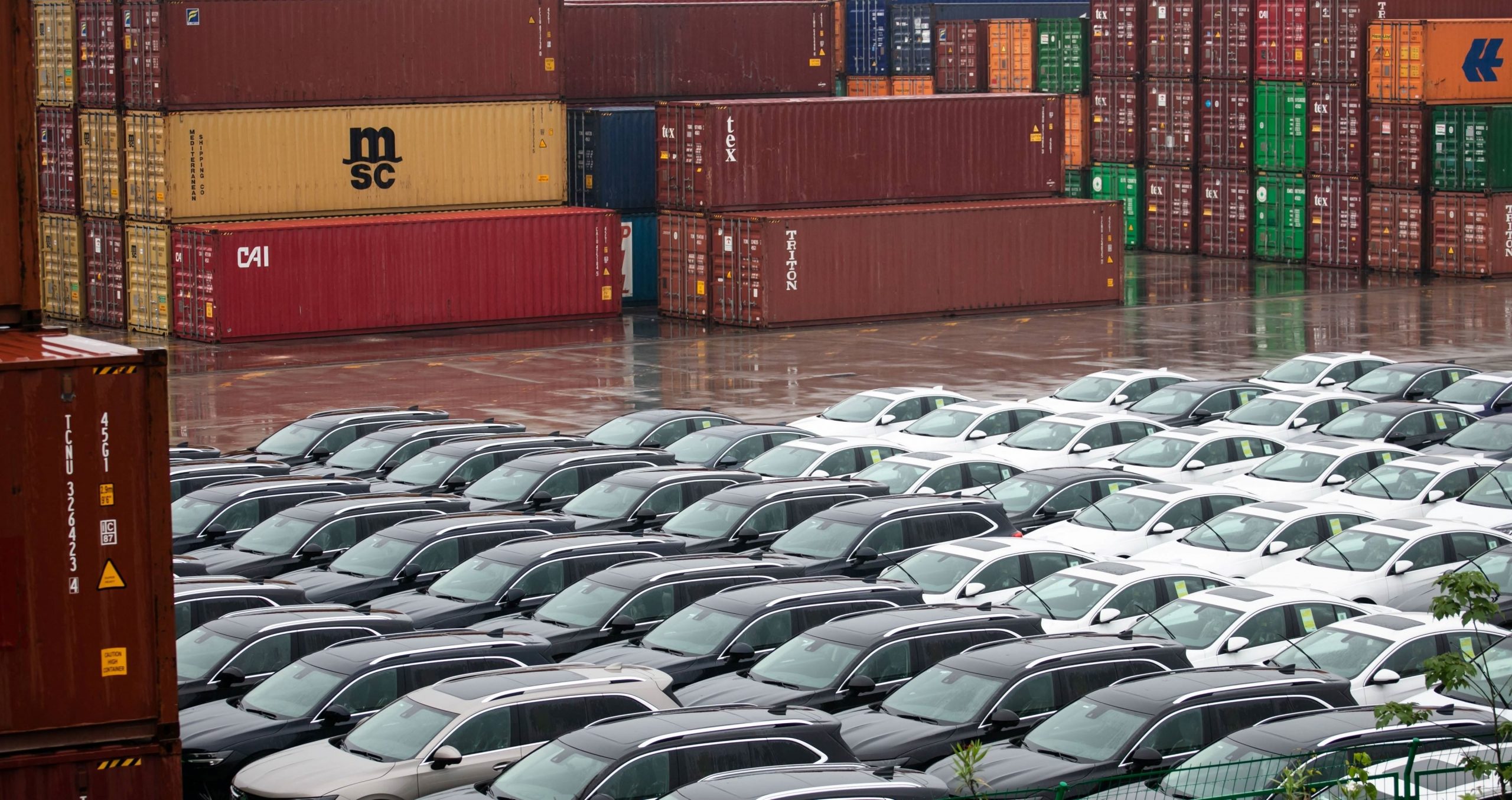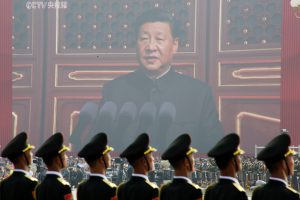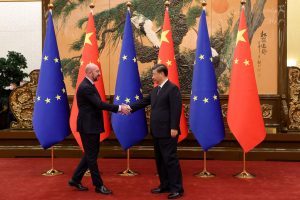HONG KONG—China’s overseas auto sales surged to a record last year, on track to surpass Japan as the world’s biggest car exporter and marking a tectonic shift for the global industry.
While China has become acknowledged as a world leader in electric vehicles, traditional gas-powered autos were the main driver of the increase, with demand surging especially in Russia.
Chinese carmakers seized the void left in the country by the departure of Western carmakers following the war in Ukraine, selling at least five times as many vehicles there last year than the 160,000 it sold in 2022, according to the China Passenger Car Association.
The association on Tuesday estimated 5.26 million made-in-China vehicles were sold overseas last year and said that would likely be almost a million more than exports of made-in-Japan cars. Japan shipped just under four million vehicles abroad during the first 11 months of 2023, according to the country’s most recent official data.
Exporting gas-powered cars to markets such as Russia and Mexico, where demand remains resilient for such vehicles, has helped automakers that have been slow to ride the electric wave in China and are grappling with excess output at their factories there.
Concern about a potential flood of Chinese vehicles from companies with overcapacity in China has risen in recent years in major auto markets. The U.S. largely shuts out Chinese imports with prohibitive tariffs, while European Union regulators in September unveiled an antisubsidy probe centered on low-cost electric vehicles from the country. Beijing has denounced the EU’s investigation as protectionist.
China’s next wave of exports is likely to include more electric vehicles and hybrids. Makers of such vehicles also saw a rise in overseas shipments last year and they are planning to significantly increase exports now that years of tearaway growth in China’s EV market is slowing, after government subsidies for buyers have been scaled back.
China’s BYD, which ousted Tesla as the world’s top seller of EVs in the most recent quarter, saw overseas sales jump almost five times to 242,000 in 2023. It is expanding showrooms across Europe as it targets more sales there this year.

Global automakers with factories in China are also looking to export vehicles made there. Volkswagen will for the first time ship its made-in-China vehicles overseas, shipping up to 60,000 China-made Cupra Tavascan EV coupes to Europe this year, a company spokesperson said.
Ford, which has lost significant market share to Chinese EV makers, said it expanded exports from China to 100,000 last year.
Overall, passenger car sales at home and abroad reached a record 25.5 million last year, according to car association data. China’s domestic market returned to its strongest growth in years, propelled by increases in electric vehicles despite slowing momentum.
The rise of China as the center of the world’s automaking industry represents a hard-won victory for Beijing’s industrial policies, following similar achievements in solar panels and batteries.
China has long been the world’s biggest auto market and production center, but growth was driven by foreign carmakers until recent years, when domestic brands embraced electrical vehicles and hybrids as the state bankrolled local manufacturers and subsidized sales.
Now it has added the top exporter crown as, over the past three years, it rapidly moved past long-dominant rivals Japan, Germany and South Korea.
In Russia, Chinese brands have filled up showrooms and factories left vacant by European, Japanese and Korean car brands.
Amid the conflict with Ukraine, Russia is estimated to have accounted for around 800,000 of the 2 million more vehicles China exported last year, said the Chinese car association’s secretary general, Cui Dongshu.
Chinese carmaker Chery became the top car exporter last year thanks to a boom in sales to Russians, selling more than 900,000 cars overseas in total, Cui said. That would be more than either Tesla or BYD sent overseas last year.
Volvo-owner Geely and Great Wall Motor were two other Chinese car makers that saw an explosion in Russian sales. Such growth may not be sustainable in the country as demand has been met and inventory has increased, Cui added.
Write to Selina Cheng at selina.cheng@wsj.com









